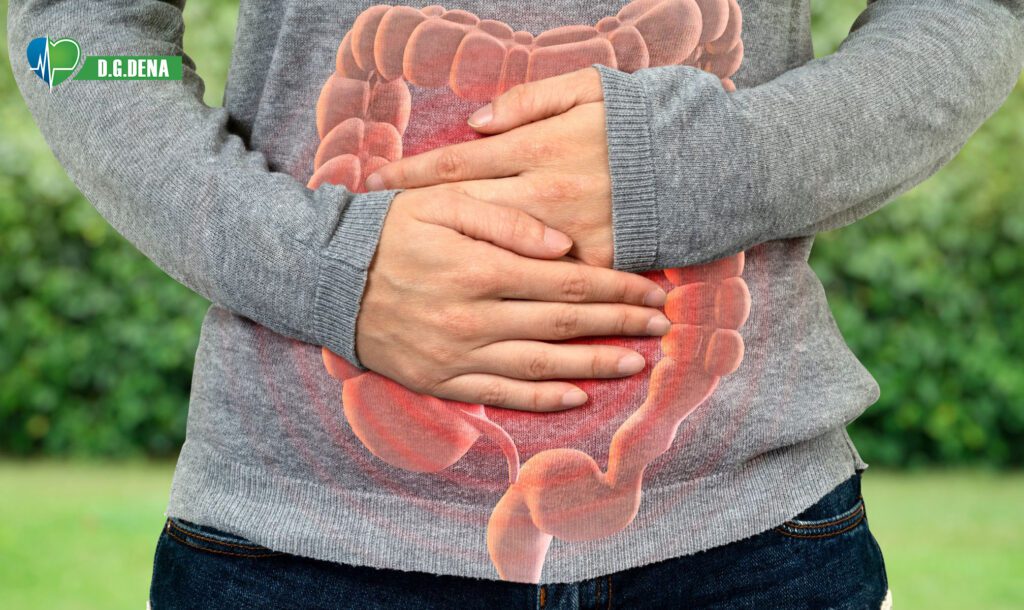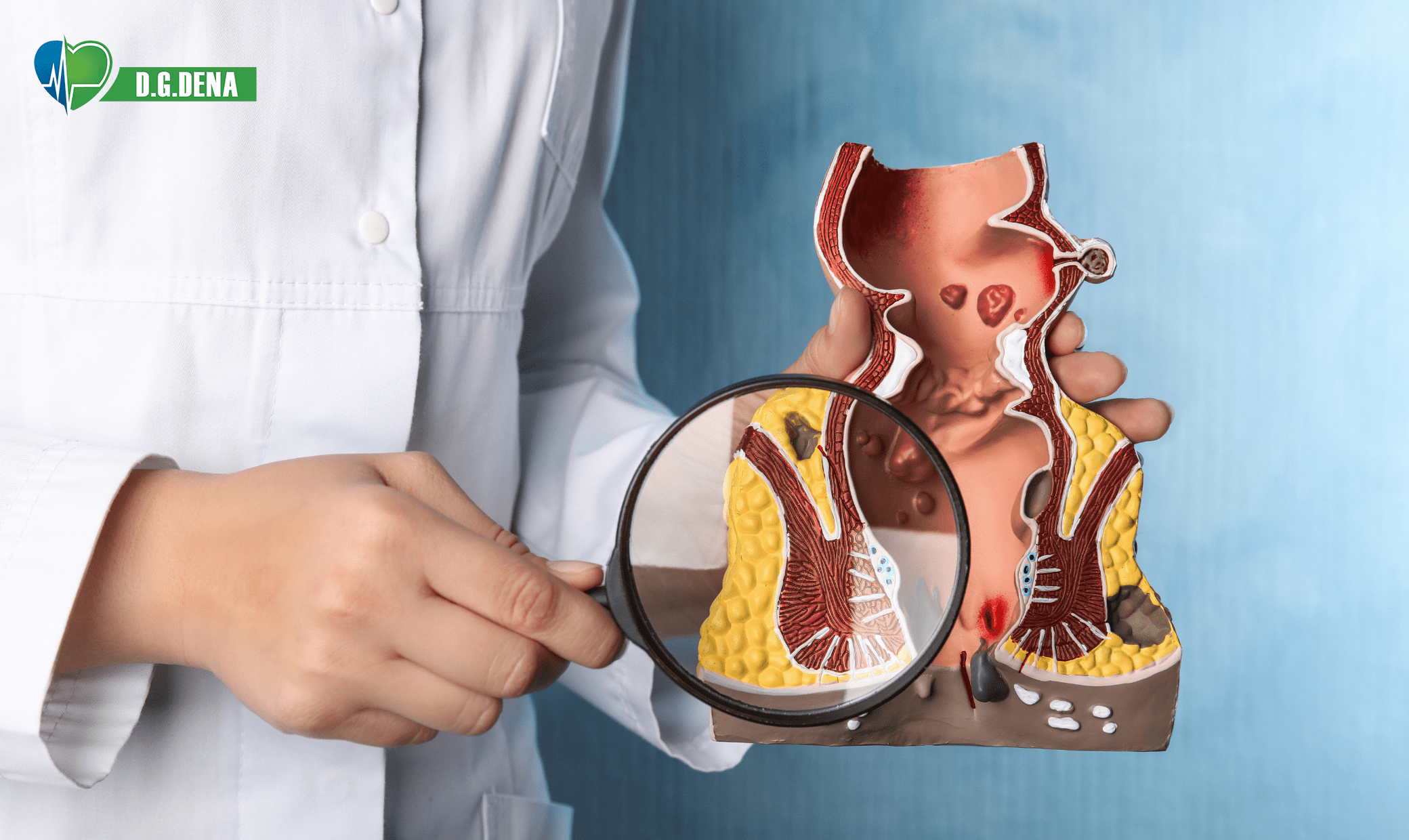Hemorrhoids, commonly known as piles, are the most prevalent digestive ailment that afflicts people worldwide. Most will go through it and bear the symptoms. Although so prevalent, the disease is hardly ever discussed openly. In this article, we attempt to explain the causes of piles, home remedies, prevention tips, and lastly, a painless and irreversible remedy.
What Are Hemorrhoids?
Hemorrhoids are swollen or inflamed veins in the anal and rectal area, both inside and outside. The condition may cause pain, itching, and even bleeding.
Piles are of two kinds: external and internal. External hemorrhoids can be easily felt as they are below the skin that covers the anus, while internal hemorrhoids are within the rectum and are visible only to a doctor. They are not an illness but damage to tissue that results in pain and must be treated early.
How Do Piles Develop?
The exact cause of Piles remains unknown, but the primary reason is generally believed to be excess pressure or straining over the anal and rectal area. For example, severe constipation or diarrhea may lead to straining during bowel movements, thus causing piles.
What Causes Hemorrhoids?
One of the main causes of hemorrhoids is long sitting on the toilet. Most people are surprised to learn that such a habit can put a lot of pressure on veins in the rectal and anal areas. Additionally, some individuals sit on the toilet for extended periods by their cell phones, worsening the situation. Other causes include excessive straining during defecation and excessive use of strong laxatives.
Who Is More Likely to Get Hemorrhoids?
Older individuals are more likely to experience hemorrhoids because their tissue is weak. Pregnant women during their third trimester are also at higher risk.

Hemorrhoids Symptoms
Hemorrhoids are difficult to ignore because they either form palpable lumps or affect stooling. Chances are that if you suspect that you have piles, you probably do. These are some common symptoms to help identify hemorrhoids:
- Anal pain, especially on bowel movements, sitting or wiping.
- Itching at the anus.
- Excessive straining on bowel movements.
- Bleeding in bowel movements.
- Swollen bumps around the anus.
Hemorrhoids Prevention
The following are some of the ways to prevent hemorrhoids or prevent them from getting worse, which also aid in their treatment:
- Decrease time on the toilet to no more than 10–15 minutes.
- Do not strain too much during bowel movements.
- If you can’t leave without straining, rest and try again later.
- Avoid using your cell phone while on the toilet, which is a sitting time and pressure factor.
- Increase fiber content in your diet to soften stools. Eat more salads and vegetables, and avoid eating fast foods or unhealthy meals.
- Avoid heavy weight lifting as it will exert pressure on the lower rectum. This is extremely common among weight lifters and professional sportsmen.
- Drink a lot of water to stay hydrated.
- Take over-the-counter medications in cream form, suppositories, and gentle laxatives.
- Apply a cold compress to the area for 5–10 minutes to reduce the swelling and pain. Wrap the compress in a thin towel before applying it.
- Take a warm sitz bath for 10–20 minutes weekly to soften the tissue of the hemorrhoids and ease bowel movements. Do not add soap to the water.
- Avoid scrubbing the anal area with rough treatment after bowel movements.
- Do moderate exercise to improve bowel movement and overall health, but avoid heavy exercise, which will aggravate hemorrhoids.
- Avoid unhealthy foods and alcohol.
When to visit doctors for hemorrhoids
If you have followed the above advice for a week and no improvement has occurred, it is time to see a doctor. They can provide a proper diagnosis and recommend the best treatment.
Painless Hemorrhoid Treatment with the Hemorapy™ Device
D.G. Dena Company has developed the Hemorapy™ device, a painless and permanent hemorrhoid solution, using high-quality medical materials and advanced equipment. There are 16 and 30-milliampere models of the device that can be used in both clinical and hospital settings. The device uses direct current electrotherapy to cause a chemical reaction in the hemorrhoid tissue that causes it to shrink or even disappear.
This therapy is completely pain-free and non-surgical, with no associated bleeding. Patients can resume activities immediately with no required recovery time.
Click here for more information about the Hemorapy™ device.

